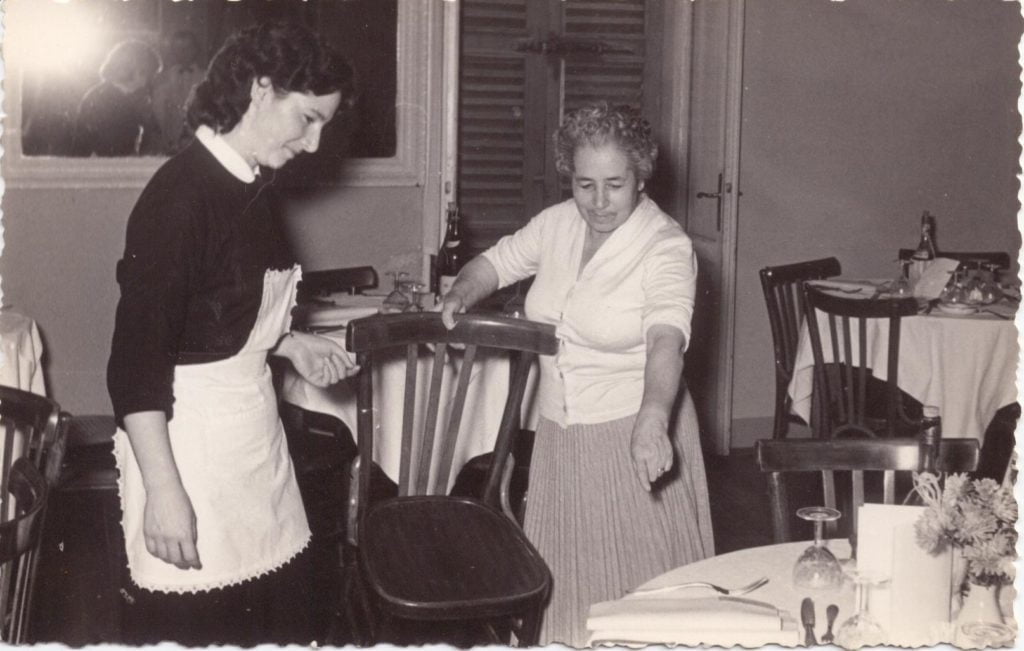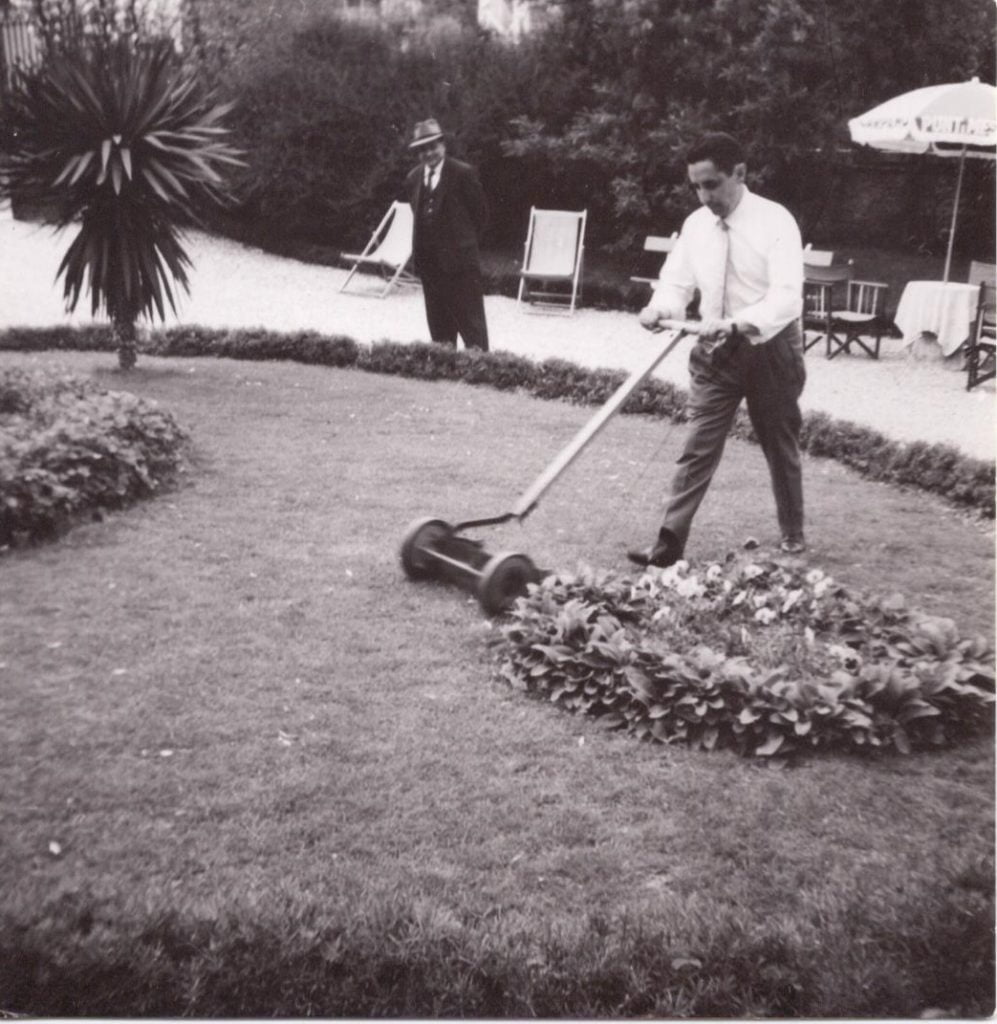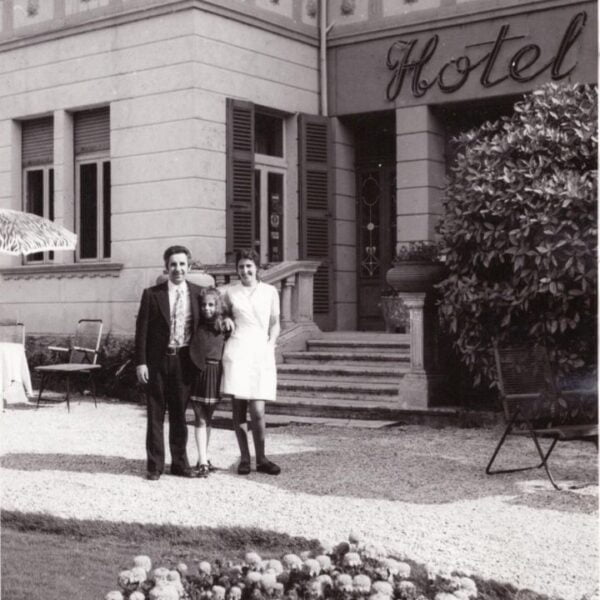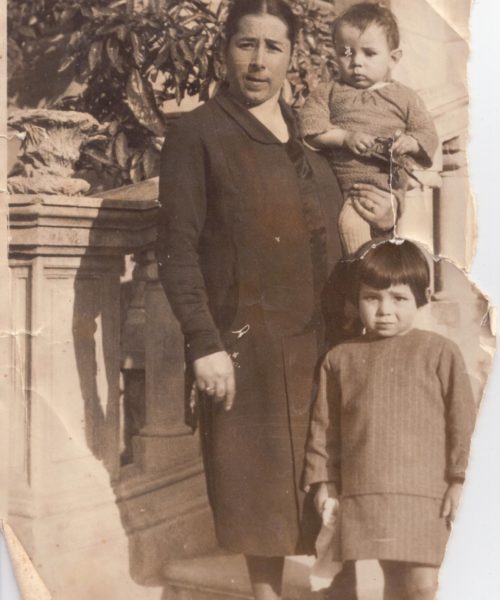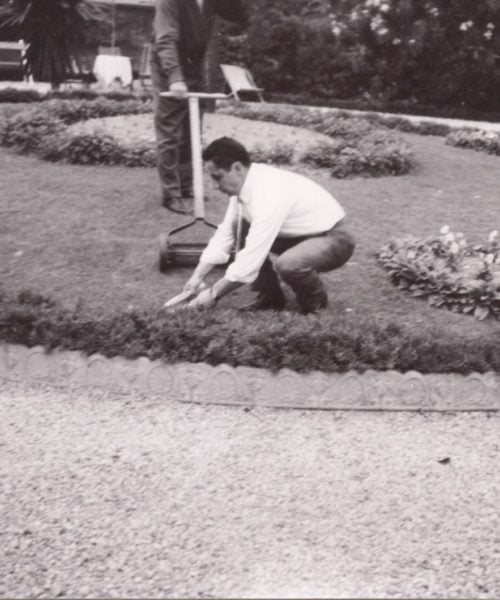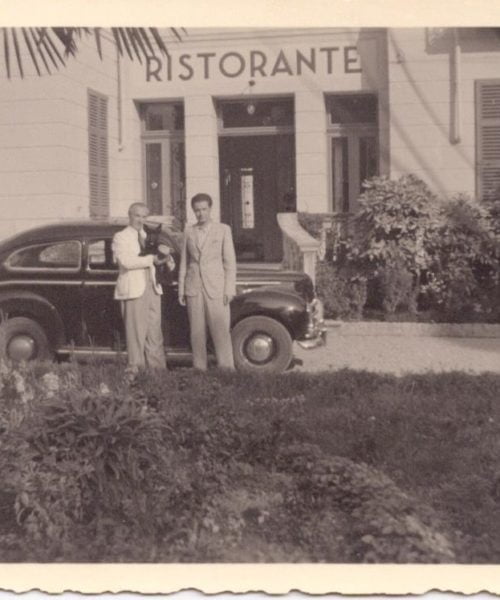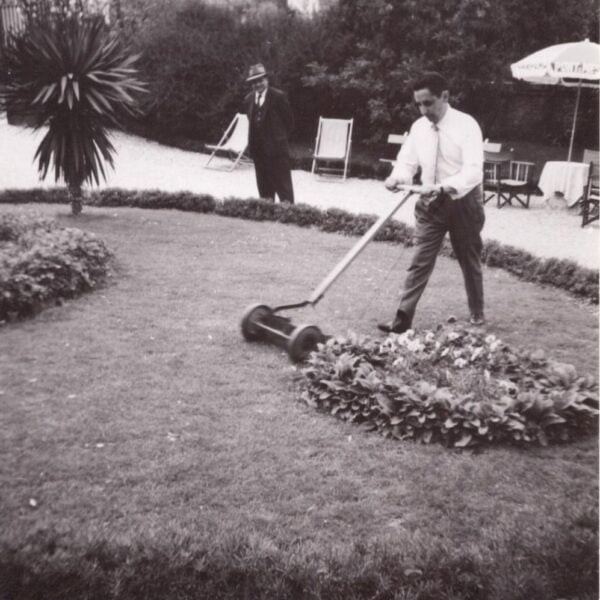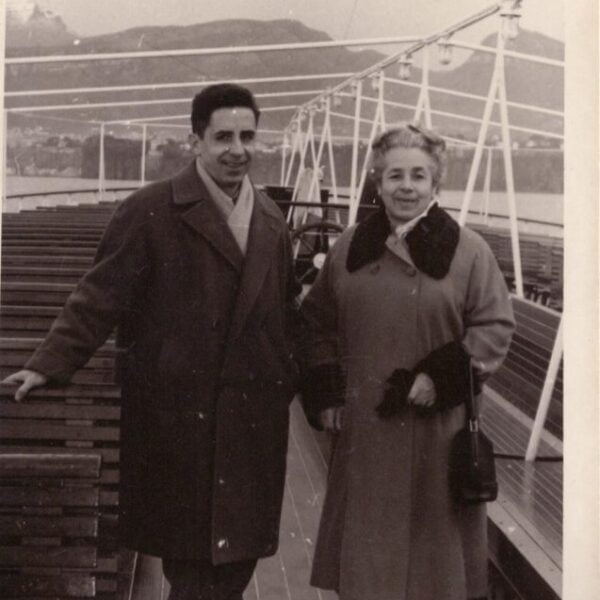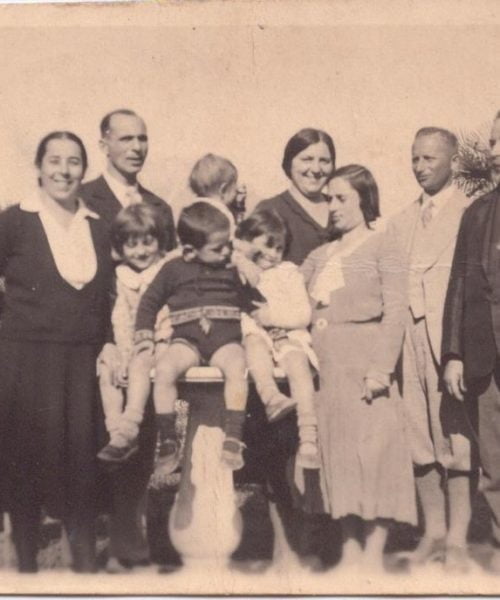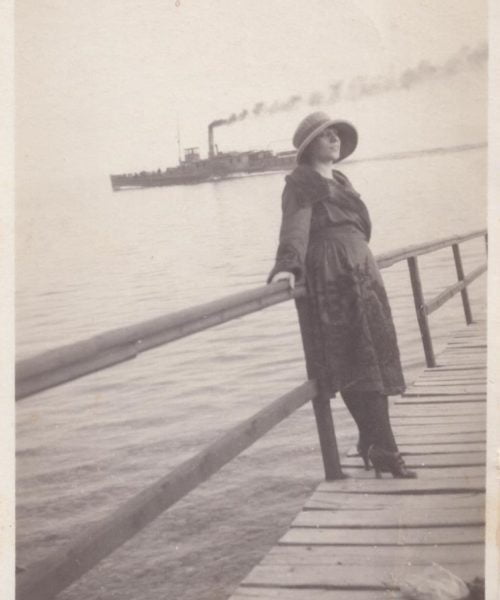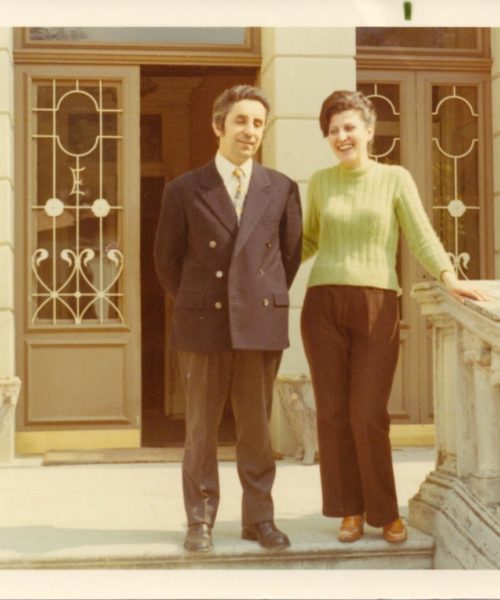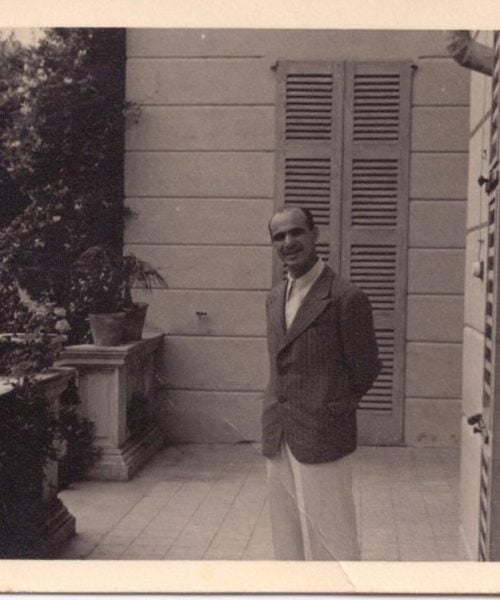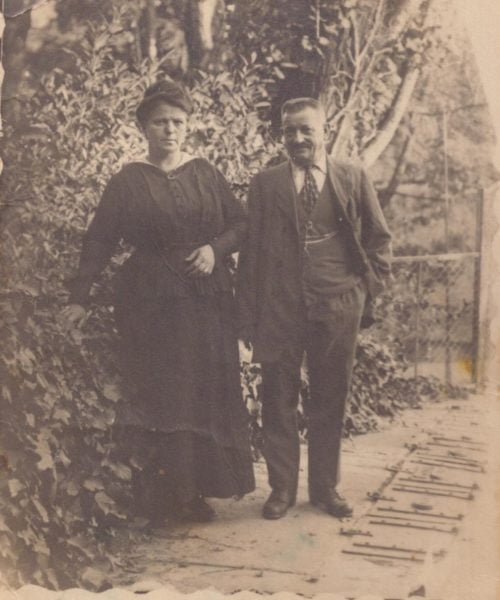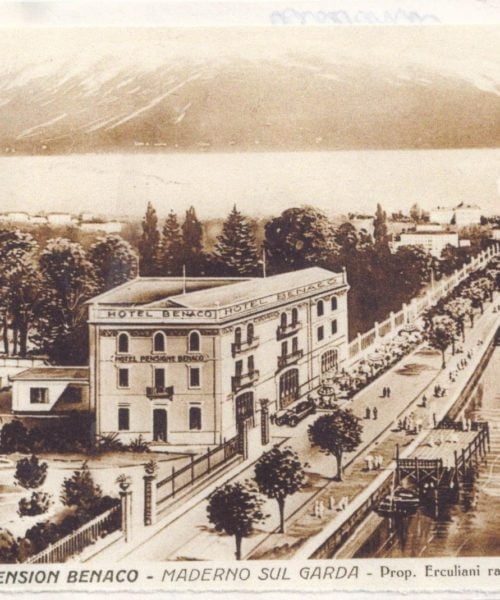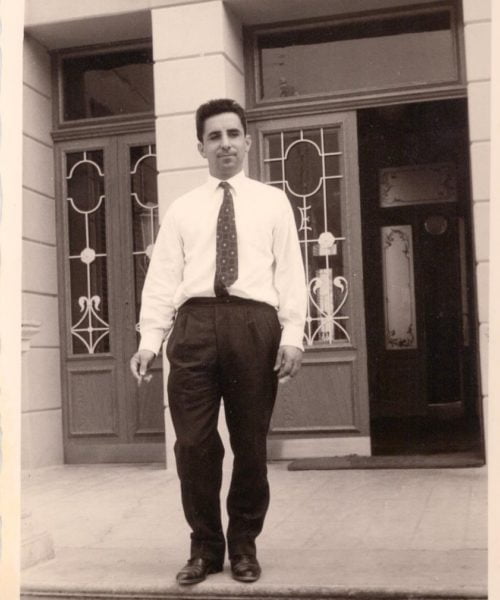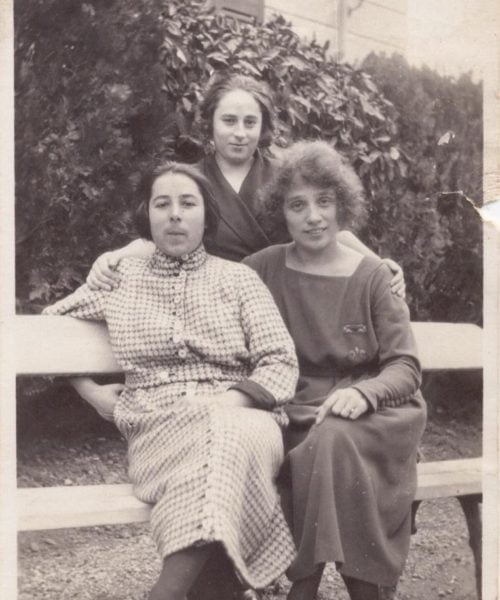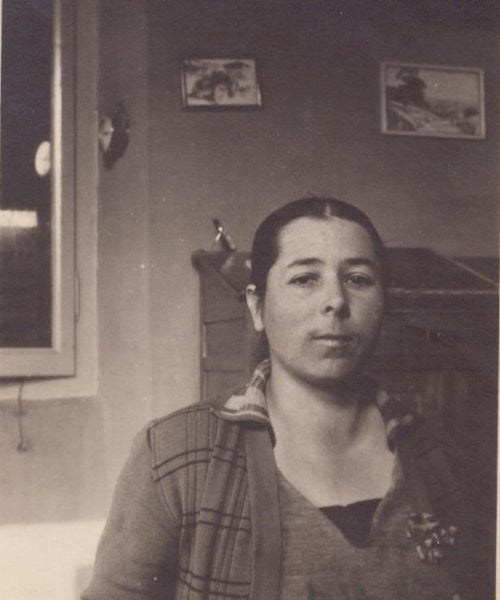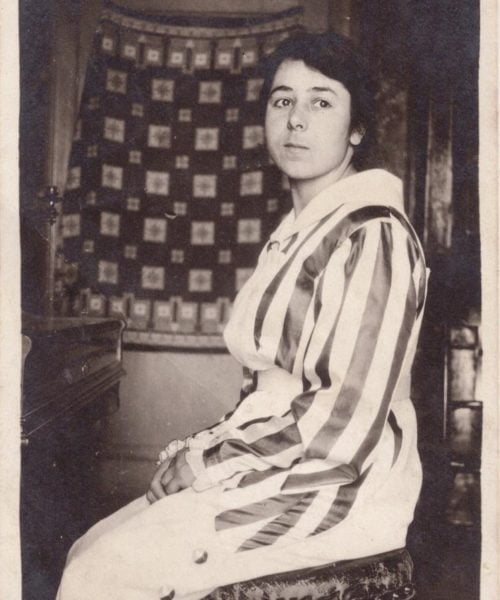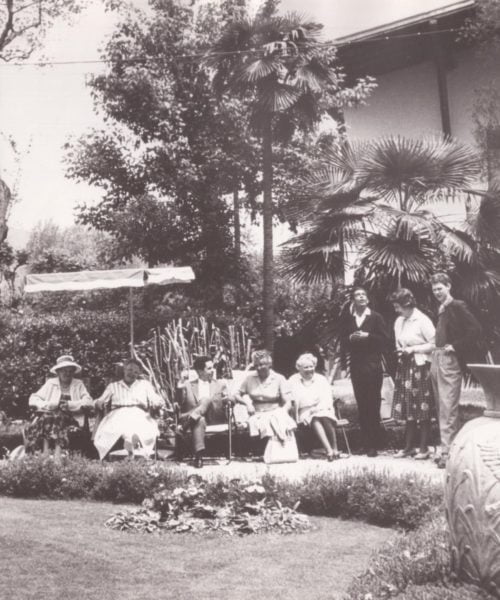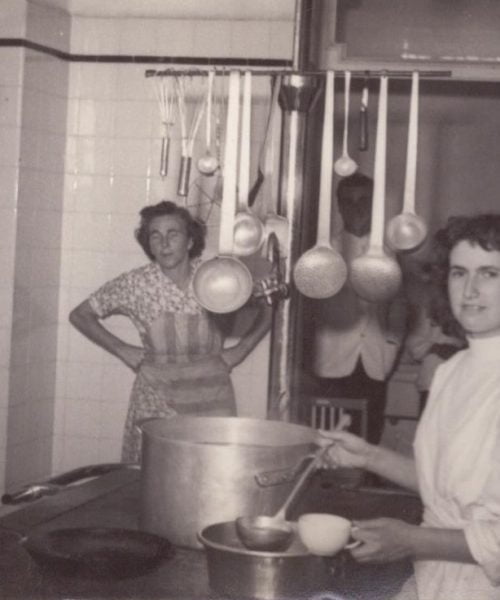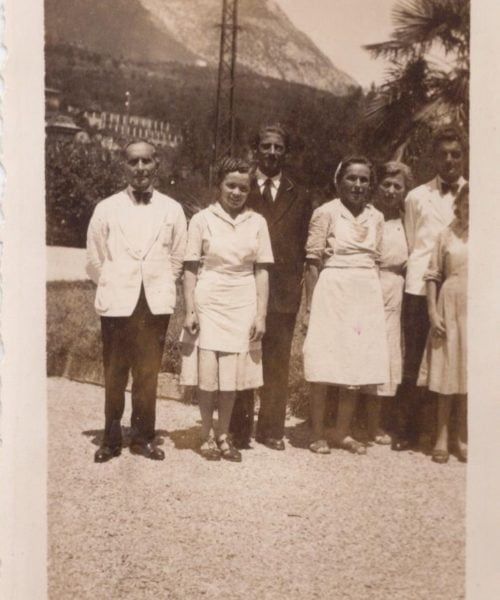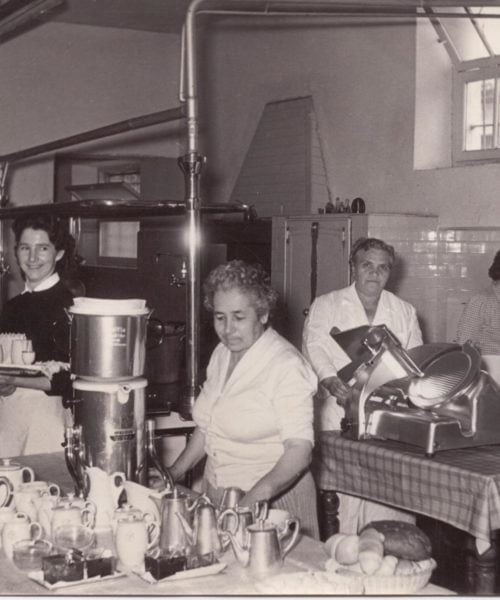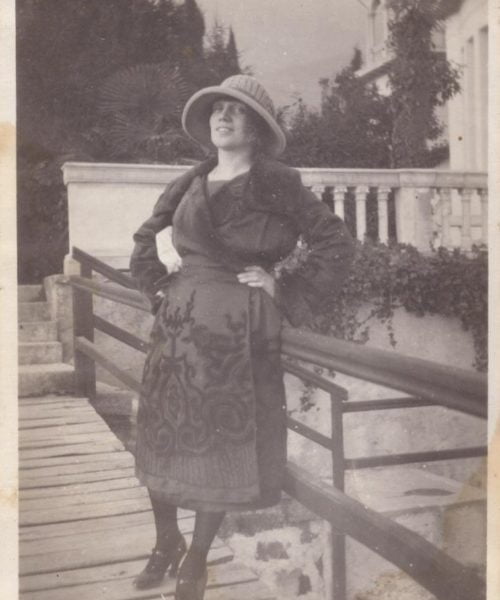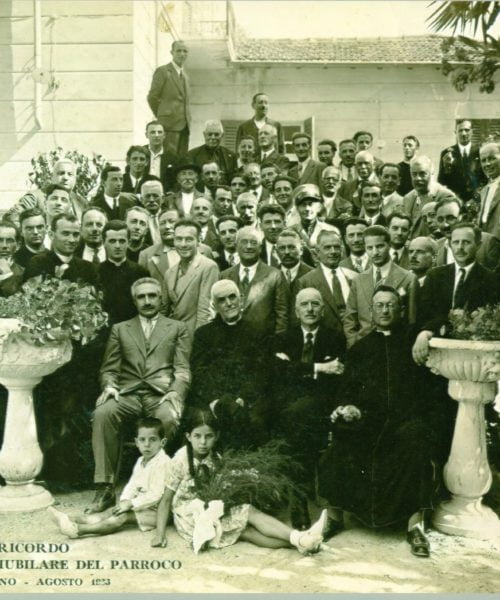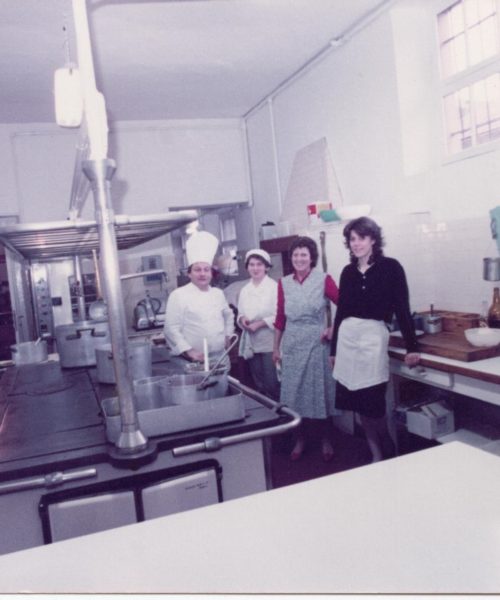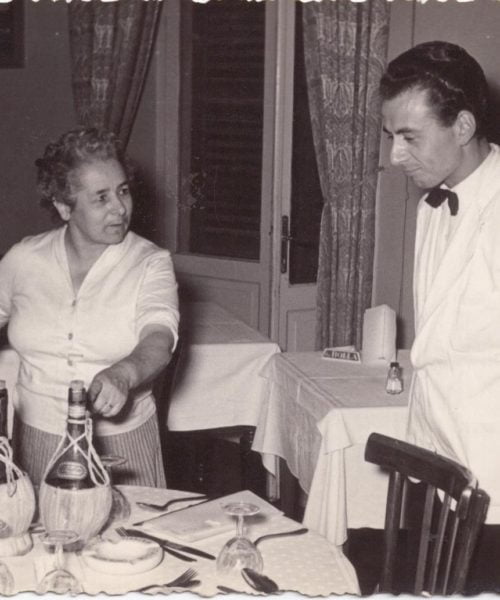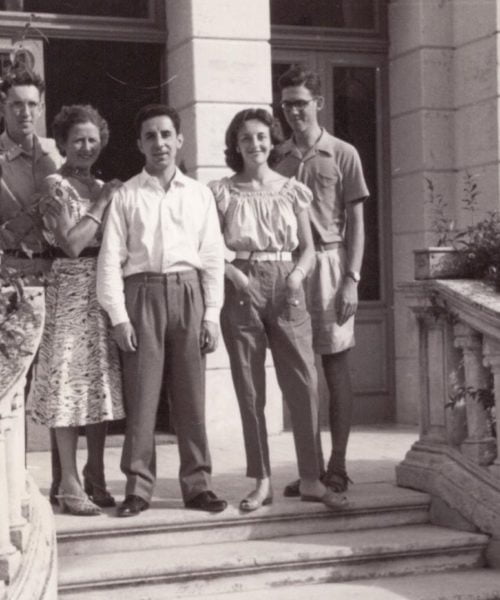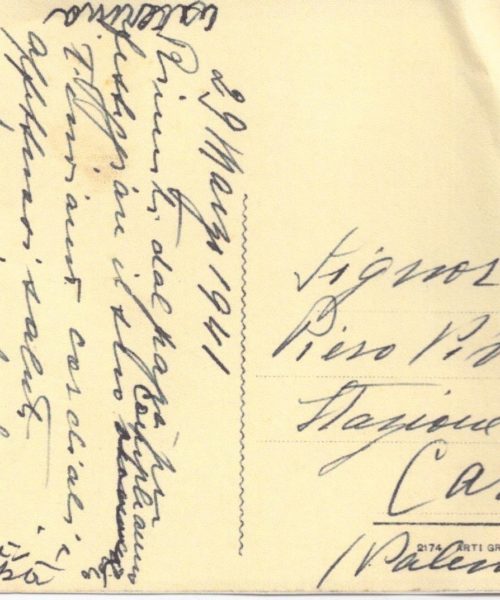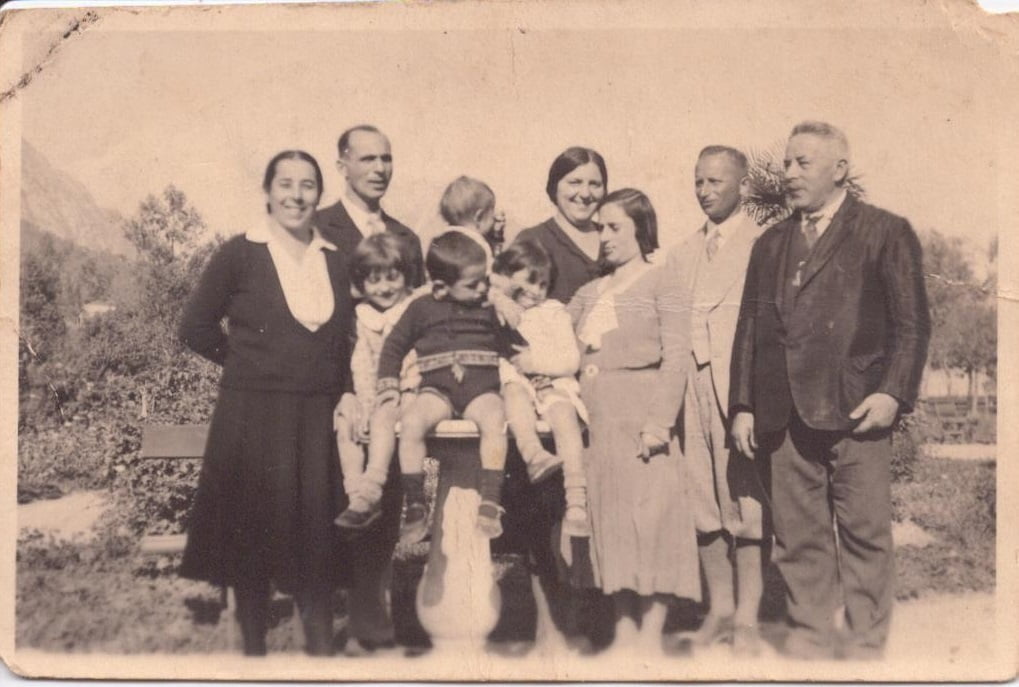
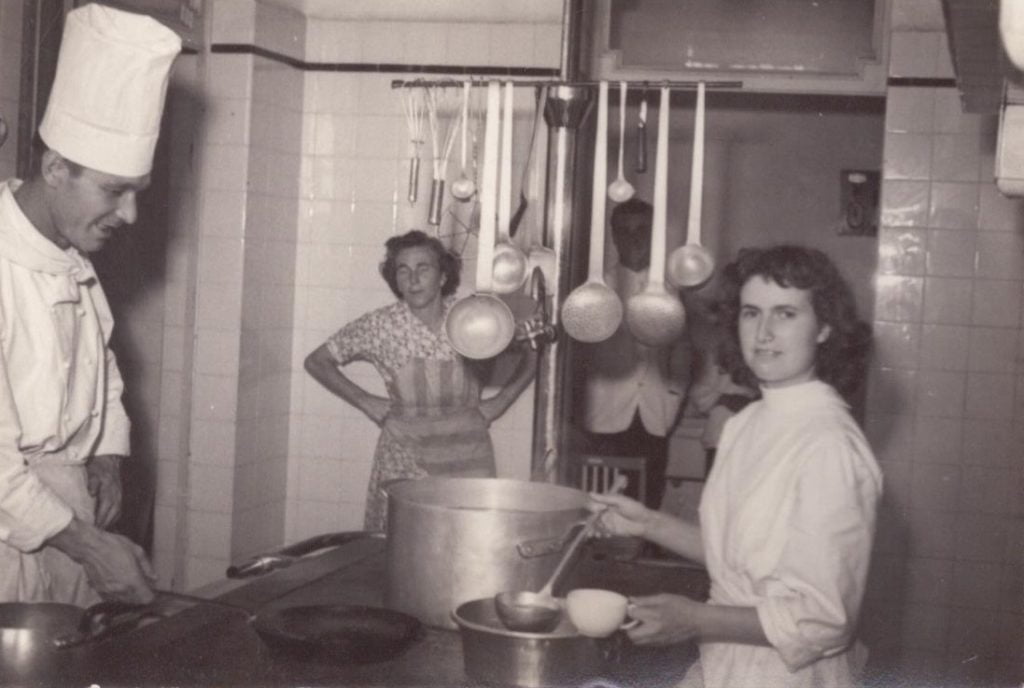
On 23 September 1943 the government of RSI was officially established in the municipality of Salò (Brescia).
The nickname “Republic of Salò” was born in a way by chance. In Salò there were the Ministry of Foreign Affairs, the Ministry of Propaganda (the famous MINCULPOP), as well as the Stefani agency, the official press agency of the regime, and the offices of correspondents. The government’s main communications along with the press releases were sent by Salò, and those of the two ministries began with the words “Salò comunica”. The name of Salò then became a synonym of the government itself. The Republic fell as the German army left Italy in April 1945. It had lasted 19 months, without ever exercising de facto power. Formally dissolved on 29 April 1945
The government of the Republic of Salò was decentralized and scattered throughout much of northern Italy and saw several municipalities of Lake Garda involved, many villas and hotels from San Felice, Salò a Limone were requisitioned and used as administrative or reception places, Mussolini resided at Villa Feltrinelli in Gargnano.
Among these also Hotel Maderno, with a decree issued by the province of Brescia was requisitioned from October 1943 to April 1945 and intended initially for the headquarters of the Ministry of the Interior Buffarini Guidi and later destined to guest quarters of the hierarch of the government of the R.S.I.
The hotel was equipped with a police guard post 24 hours with garage for 20 cars.
From May 1945 to September of the same year it was requisitioned by the American army.
THE INTERIOR MINISTRY
RSI
Told by Pierluigi Piva.
In 1943 I was 18 years old and my father (Pietro Piva) owned the Maderno Hotel, which was requisitioned in October of that year until March 1944 and became the temporary headquarters of the Ministry of the Interior, entrusted to Buffarini Guidi.
Throughout that period, the hotel was frequented by major figures of the R.S.I., such as General Graziani, Undersecretary to the Presidency of the Council Barraccu, hierarchies such as Farinacci eBombacci and even Giovanni Gentile.
In addition, the family of the Duce’s special secretary Dolfin lived there permanently. That is why I was an indirect witness to the episode concerning Galeazzo Ciano’s pardon.
In fact, during the Veronese trial against him, on the evening of January 10, 1944, an application for pardon drafted by Ciano himself and addressed to Mussolini arrived with an order-holder.
The hierarchs present discussed animatedly what to do until four o’clock in the morning and finally decided not to send the request to the Duce.
One evening in 1944 Pietro Kock arrived at the hotel with a friend; in the hotel lobby was Prefect Dolfin, Mussolini’s private secretary, who was staying at the hotel with his family, consisting of his wife and 2 small children.
Noting that Kock’s friend was suffering from an infectious disease he had an argument with Kock demanding that the lady not stay at the hotel so as not to infect her family members.
In January 1944 during an aerial machine-gun fire the car of Prefect Basile was hit in front of the hotel, which was saved but the driver was mortally wounded. Bullet marks in the columns of the entrance remain from this event.
During the changing of the guard at the Hotel Golfo, a soldier tapped the butt of his machine gun on the low wall and a volley went off that killed the Bir El Gobi militant standing in front of it.
